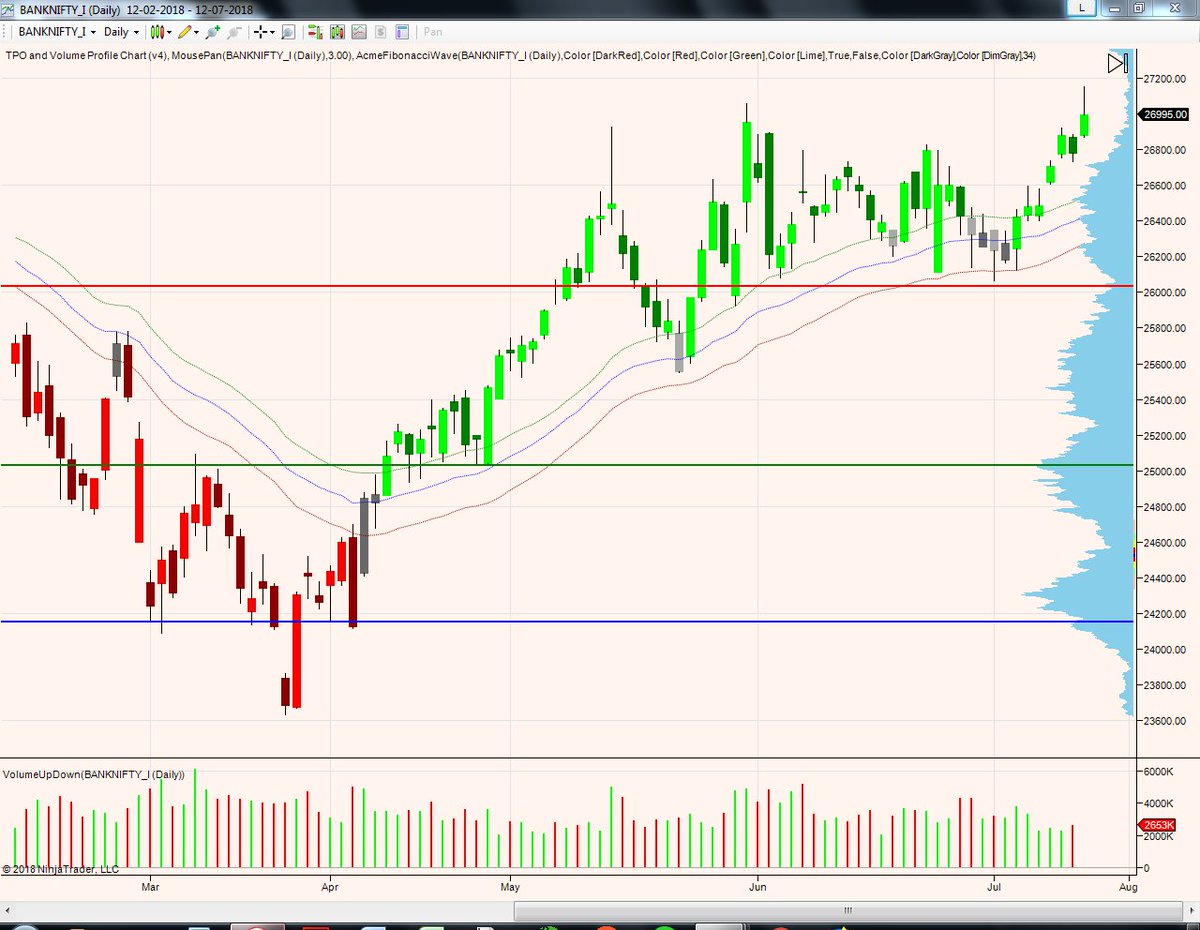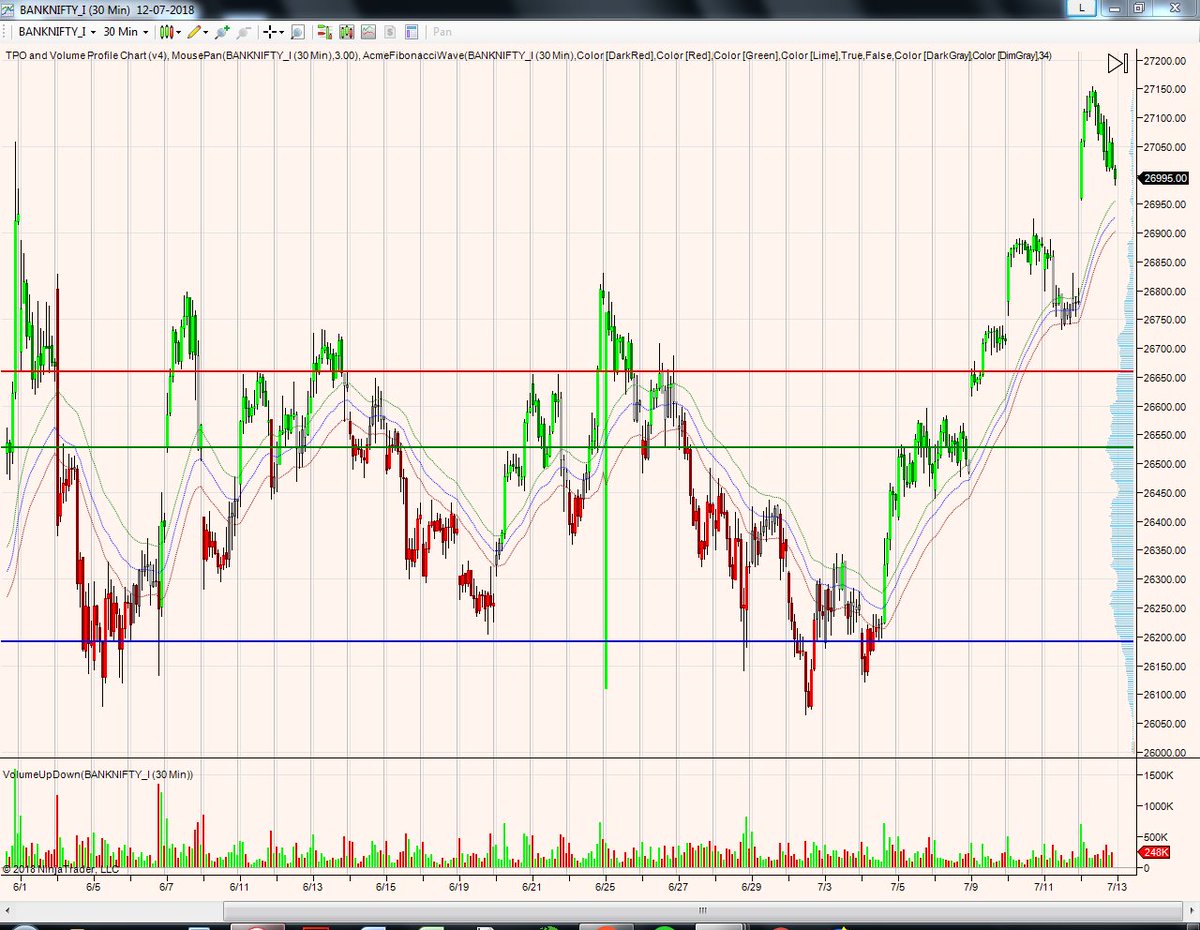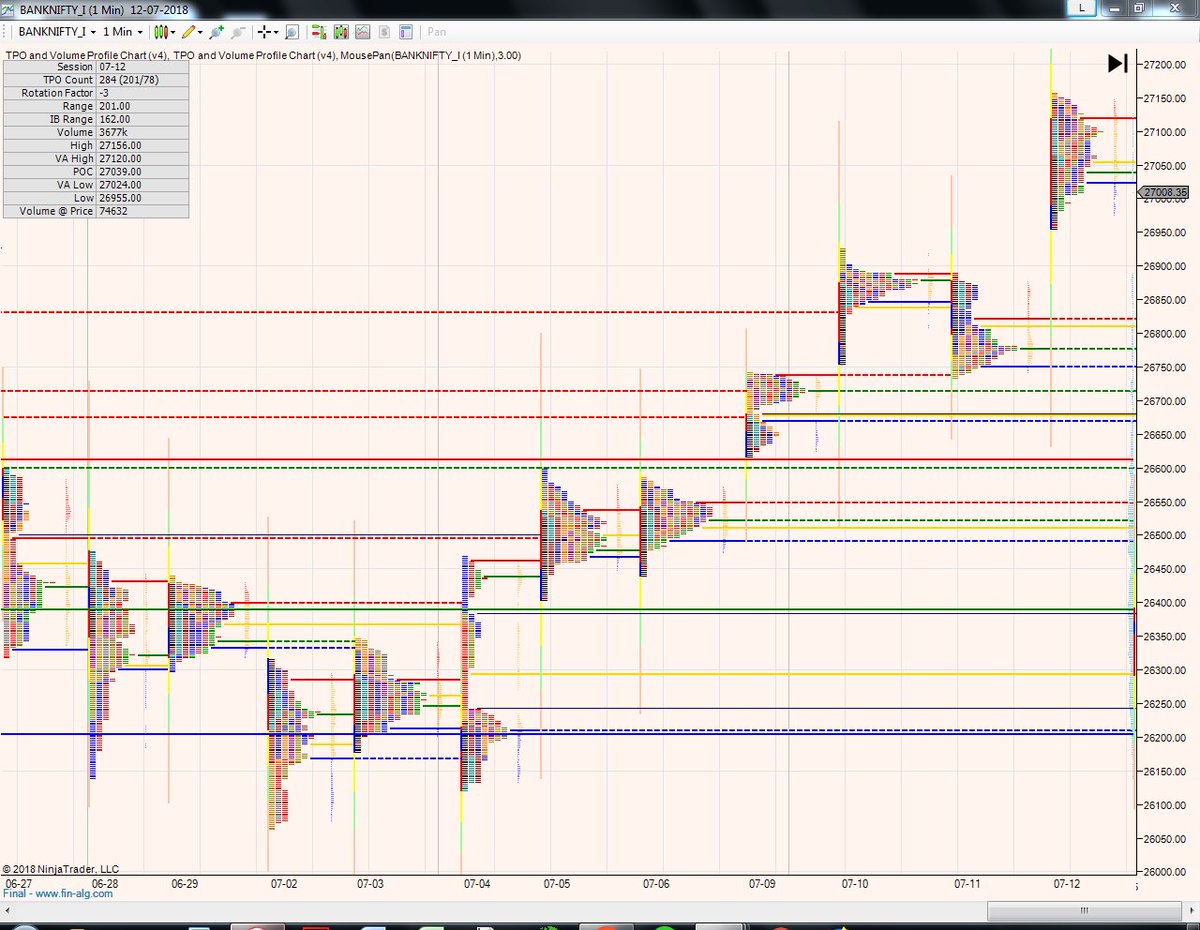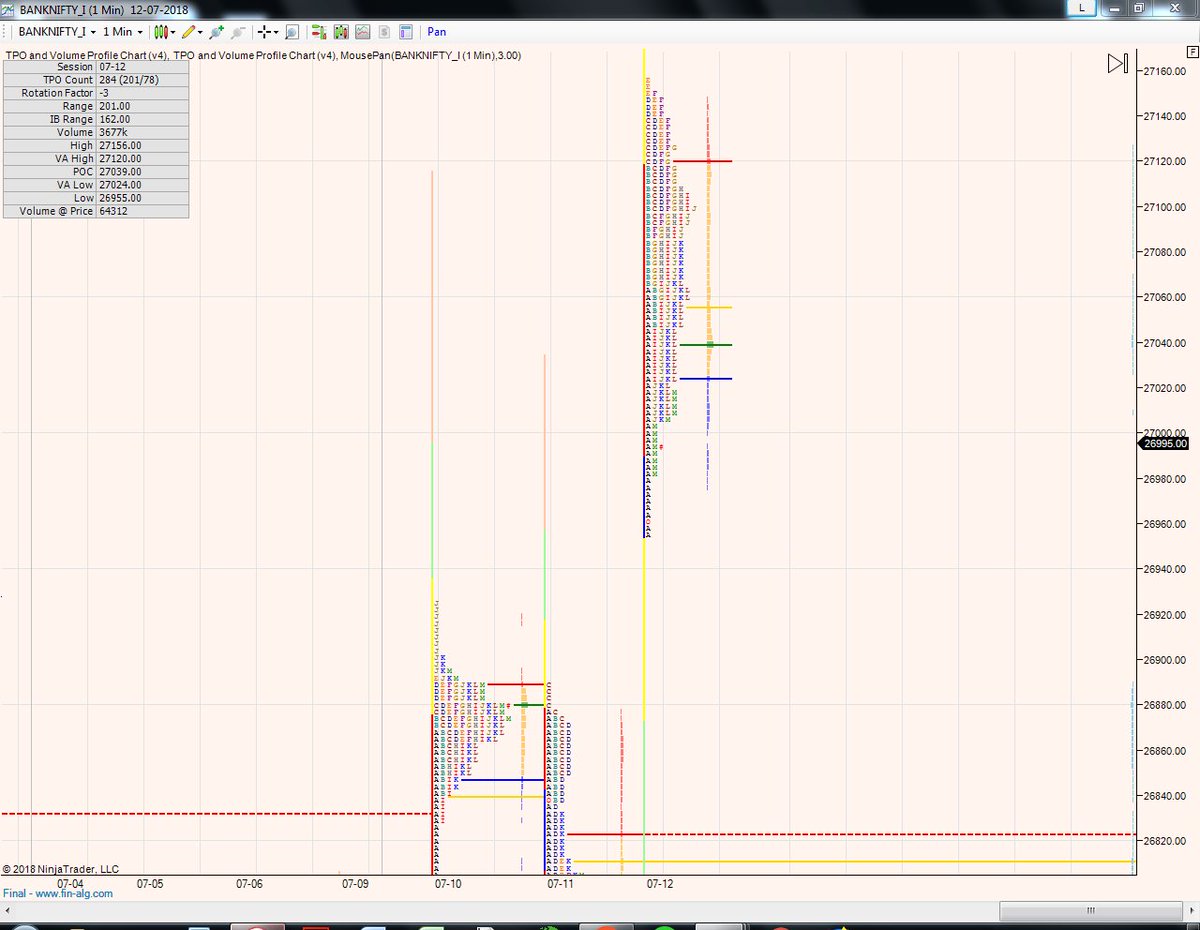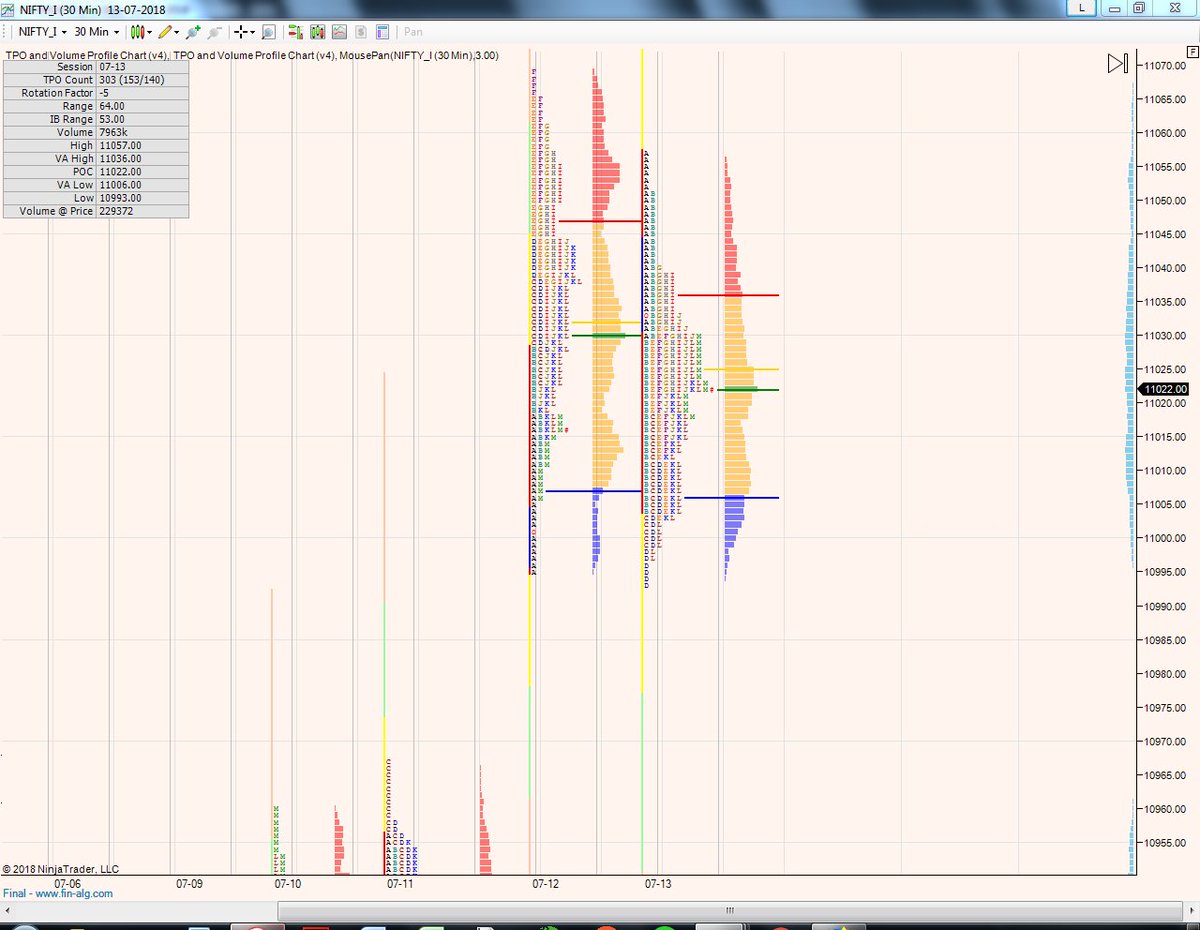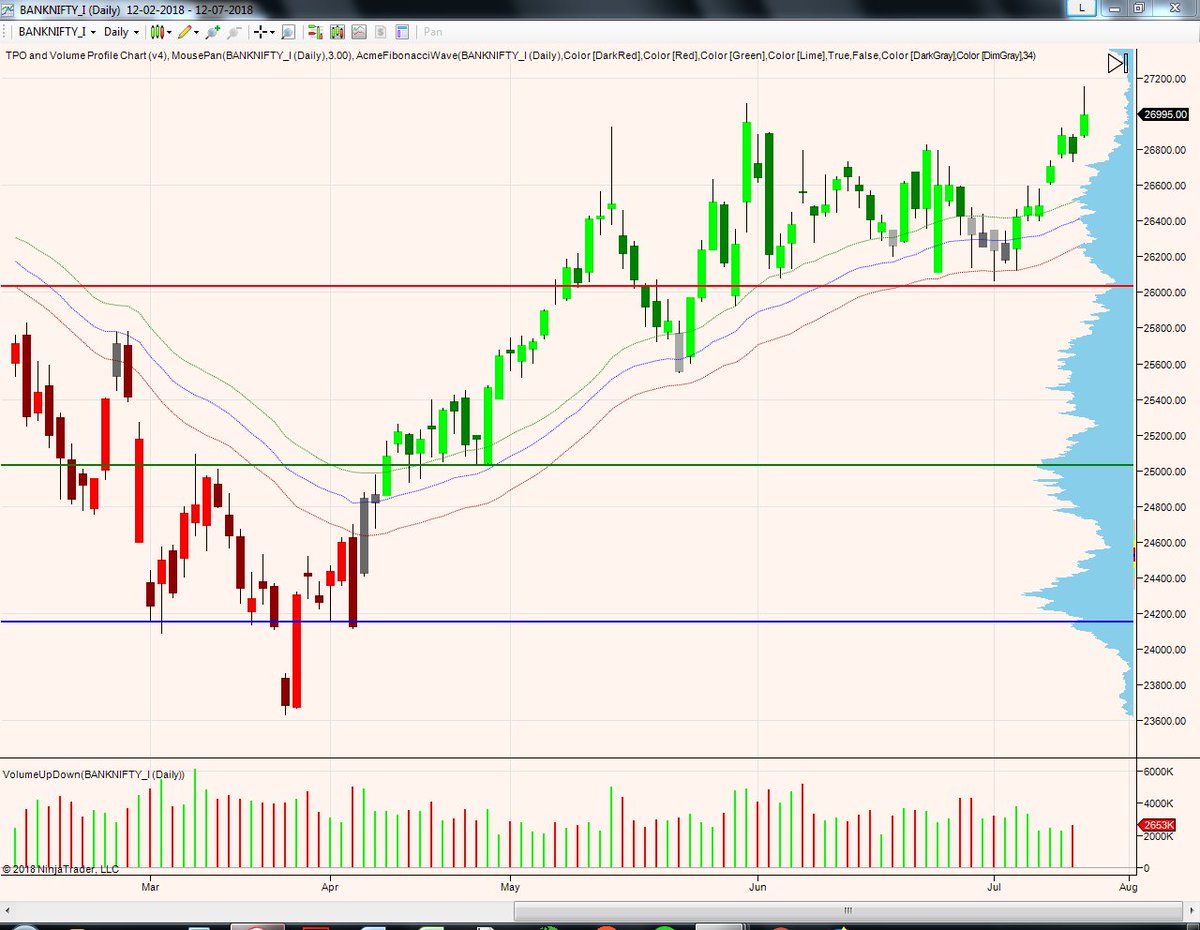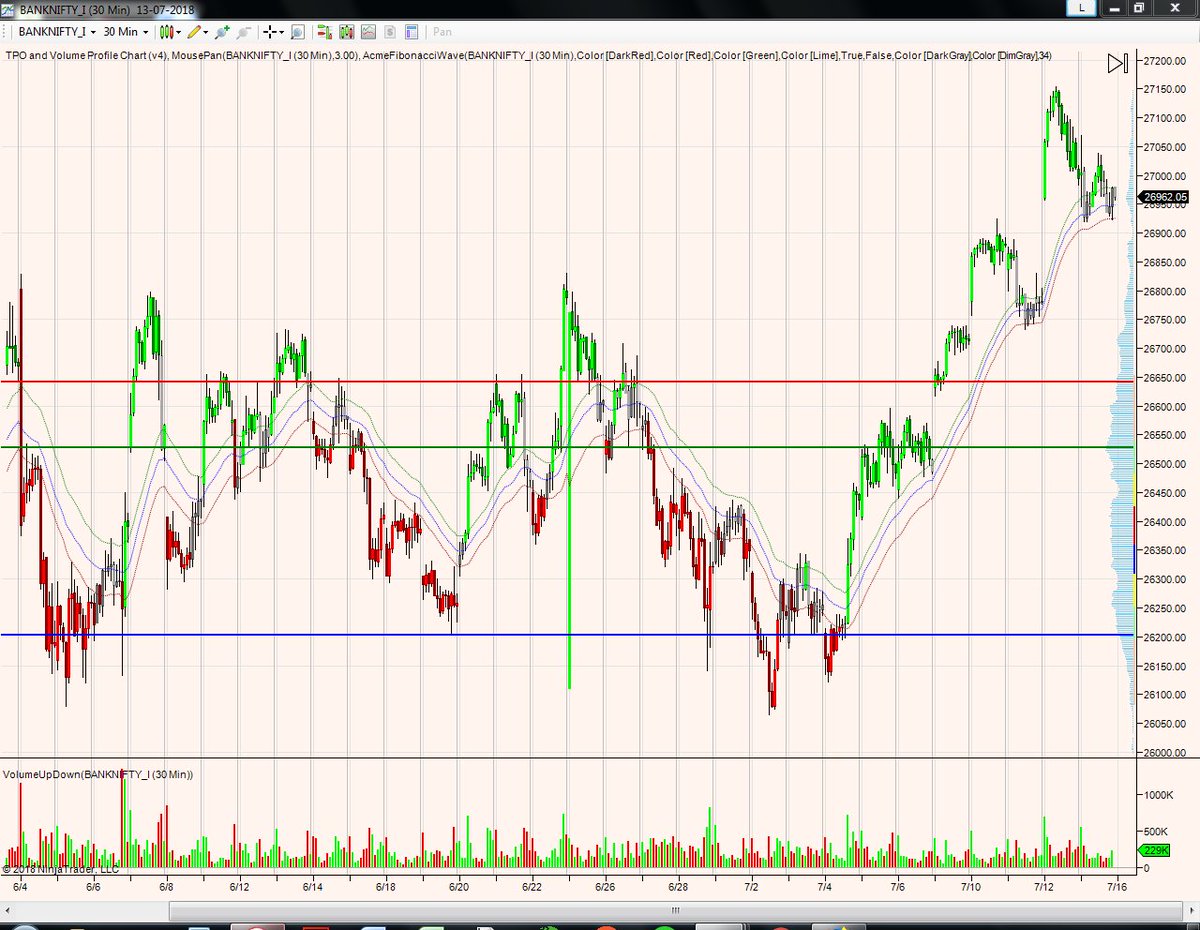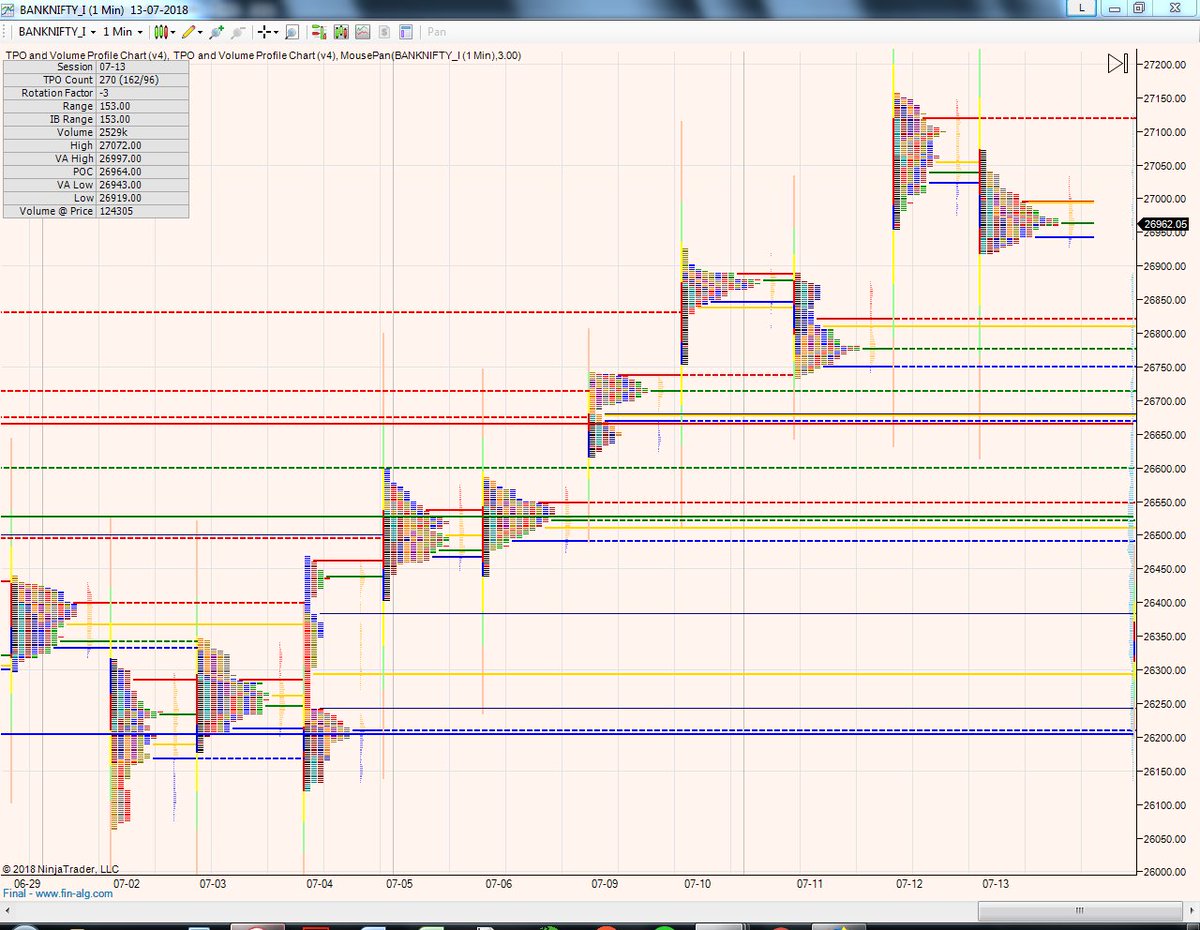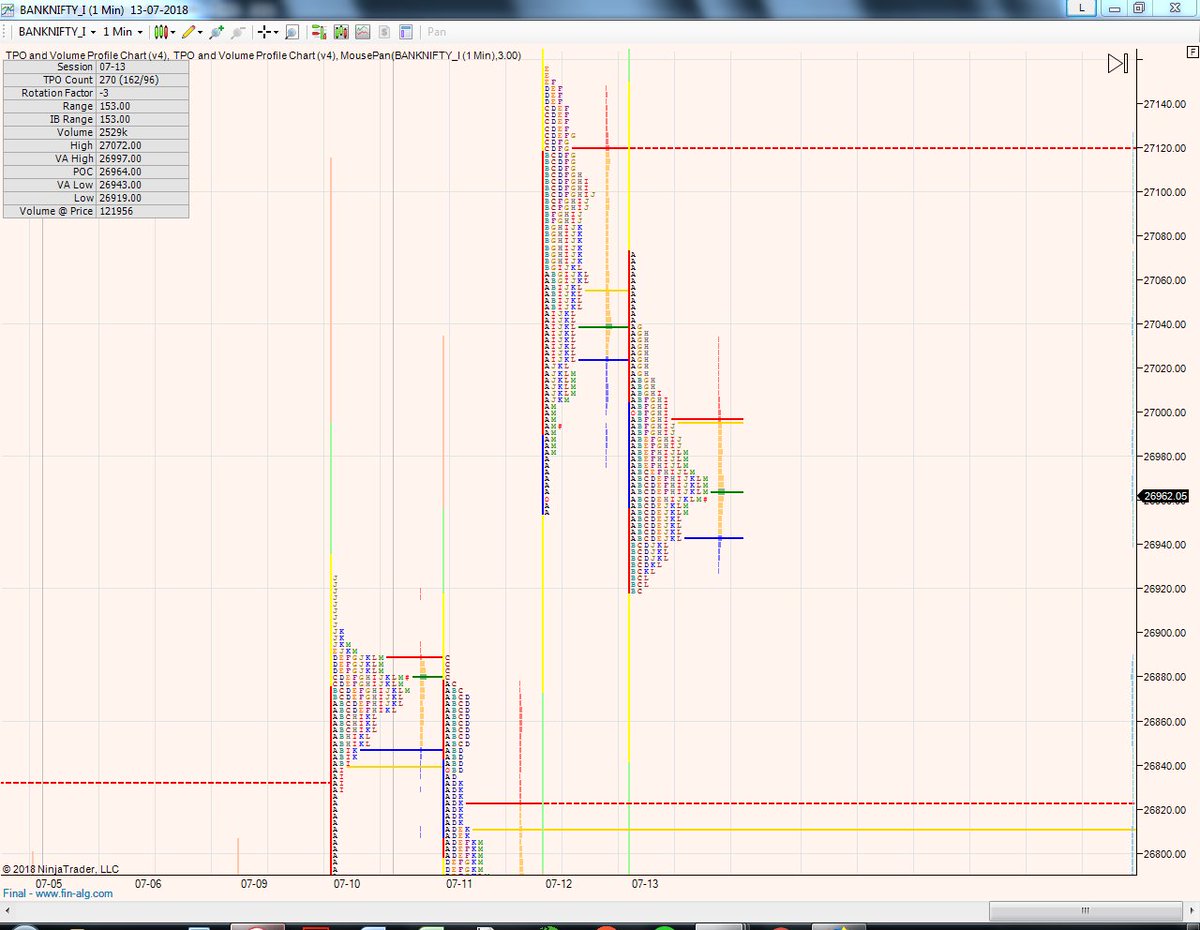The Complete Guide to Option Selling by James Cordier and Michael Gross
Week 3
#WeekendReading #LearningTogether
Week 3
#WeekendReading #LearningTogether
https://twitter.com/IMRiskManager/status/1030451197474304000
1. Selling options randomly may result in about 80 percent winners, but one or two in the 20 percent of losers could end up with substantial losses.
2. properly managed option writing portfolio should allow its owner to sleep well at night, should be low maintenance, and should be predominantly absent of heart-pounding, gut-wrenching decisions.
3. It has often been said that selling options is similar to operating an insurance company. Buyers of car insurance pay insurance premiums to an insurance company to insure their vehicles. They pay these premiums month after month. ...
4 ... In most cases, the driver never has an accident, and the insurance company keeps the premiums as profit. If a driver does happen to have an accident, the insurance company must pay up.
5. An insurance company tries to weed out drivers that it deems to be prone to accidents. Some of these may get insured at higher premiums (to account for the higher risk the insurance company is taking on them), and some may not get insured at all.
6 TIPS FOR ANALYZING SPREAD TRADES
Tip 1: Know the Difference between Potential Profit and
Potential for Profit.
Tip 2: Focus on Managing Risk, Not Limiting Risk.
Tip 1: Know the Difference between Potential Profit and
Potential for Profit.
Tip 2: Focus on Managing Risk, Not Limiting Risk.
7 We tend to advise against positioning in spreads that leave the trader net long options (although these
spreads can be more exciting for the action-seeking trader).
spreads can be more exciting for the action-seeking trader).
• • •
Missing some Tweet in this thread? You can try to
force a refresh


